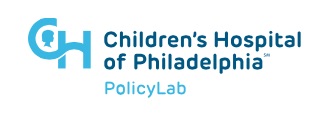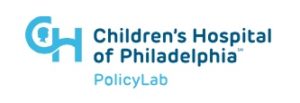COVID-19 projections suggest state-by-state mitigation strategy will fail without national standards


New COVID-19 modeling data released today by PolicyLab at Children’s Hospital of Philadelphia (CHOP) forecast a deteriorating situation across most U.S. states over the next four weeks, showing little effect thus far of local masking mandates and suggesting the need for a nationwide strategy focused on increased social distancing.
The model, which follows 519 counties representing 71 percent of the U.S. population, shows increased risk for virus resurgence through early August in all but the New England area. Projections continue to worsen in known hotspots, such as Miami and Houston, which are reaching capacity for ICU beds and available health care resources. At the same time, based on the risk for growing case counts to quickly reproduce, the researchers forecast that new epicenters may form in the coming weeks — including in cities that have masking mandates in place, such as San Francisco and New Orleans.
This suggests that masking policies alone — particularly if they are not enforced or followed with vigilance and not combined with some continued physical distancing and limitations to gathering size — will not suffice in reducing case counts to continue reopening society safely.
The updated data show that transmission rates and risk are rising in suburbs of major cities, such as the counties surrounding Kansas City, Mo., and Chicago, and along major highway routes, including I-95 on the East Coast and the I-80 corridors across central U.S. This implies that increased business and personal travel, as communities reopen, is a main driver for the growing nationwide spread of the virus. Risk for virus resurgence that was mainly concentrated in the south in past weeks is extending further to the north at increasing speed. The researchers are now seeing the first concerning signs of renewed case growth for Philadelphia and New York City. Furthermore, forecasts for several college towns, such as South Bend, Ind., and Tuscaloosa, Ala., are worsening just weeks before students are slated to return for the fall semester.
“While a state-by-state mitigation strategy was necessary in May to begin reopening communities, our projections show that without immediate actions to significantly reduce travel and social distancing nationwide, this virus will not only threaten our ability to reopen schools in the coming weeks, but our capacity to care for the sickest individuals,” says David Rubin, MD, MSCE, director of PolicyLab at CHOP and a professor of Pediatrics at the University of Pennsylvania’s Perelman School of Medicine.
“Without national standards that combine physical distancing, enforceable masking policies, and gathering size limitations to reduce case counts to a manageable number for our health care systems, we are creating an untenable situation for the fall when the virus is only expected to become more contagious and deadly.”
